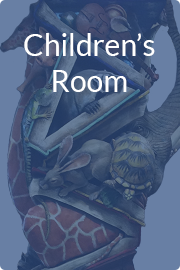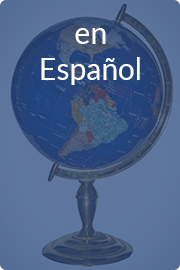While not all indigenous history is US history, all US history is indigenous history. For too long indigenous peoples and nations have been defined and described by others. We are placed in the past, as defeated people. Even when depicted in contemporary times, we’re placed in regalia, again reflecting and projecting our past, seldom in the present. This colonial representation affords most US Americans to ignore our present successes and the continued violence enacted upon us. We have become invisible. This presentation is meant to inform you about some of the tragic effects of colonialism.
About our presenter: Dr Renee Gralewicz is a descendant of the Stockbridge-Munsee Band of Mohicans and an enrolled member of the Brothertown Nation. Her journey started in Milwaukee, WI and led her across the globe primarily at the courtesy of the United States Army. Dr Gralewicz considers herself as a Humanist as her formal education degrees are within the social science realm and life experiences immersed her in a variety of cultures including working with Canadian First Nations and migrant workers in Wisconsin. After teaching with UW Colleges since 1997 and retiring from UW Oshkosh in 2020, Renee’s interests are now centered on all issues related to Missing and Murdered Indigenous Women, Girls, and Two-Spirit peoples.
Location: Company E Room - Lower level.
This event is part of the Fox Cities Reads 2022 - Learn more about it at https://foxcitiesbookfestival.org/
This project is funded in part by a grant from Wisconsin Humanities, with funds from the National Endowment for the Humanities and its A More Perfect Union initiative, and the State of Wisconsin, as well as the Community Foundation for the Fox Valley Region. Our project, Fox Cities Reads 2022: Indigenous Voices, supports Wisconsin Humanities' mission to strengthen the roots of community life through educational and cultural programs that inspire civic participation and individual imagination. Any views, findings, conclusions or recommendations expressed in this project do not necessarily represent those of the National Endowment for the Humanities.








































